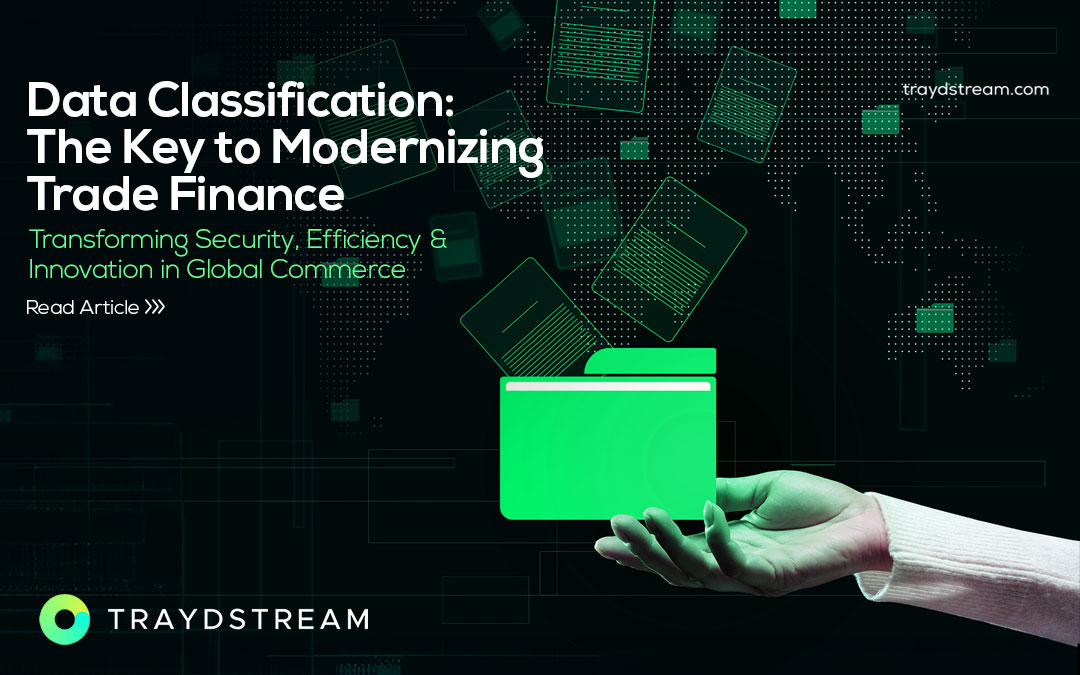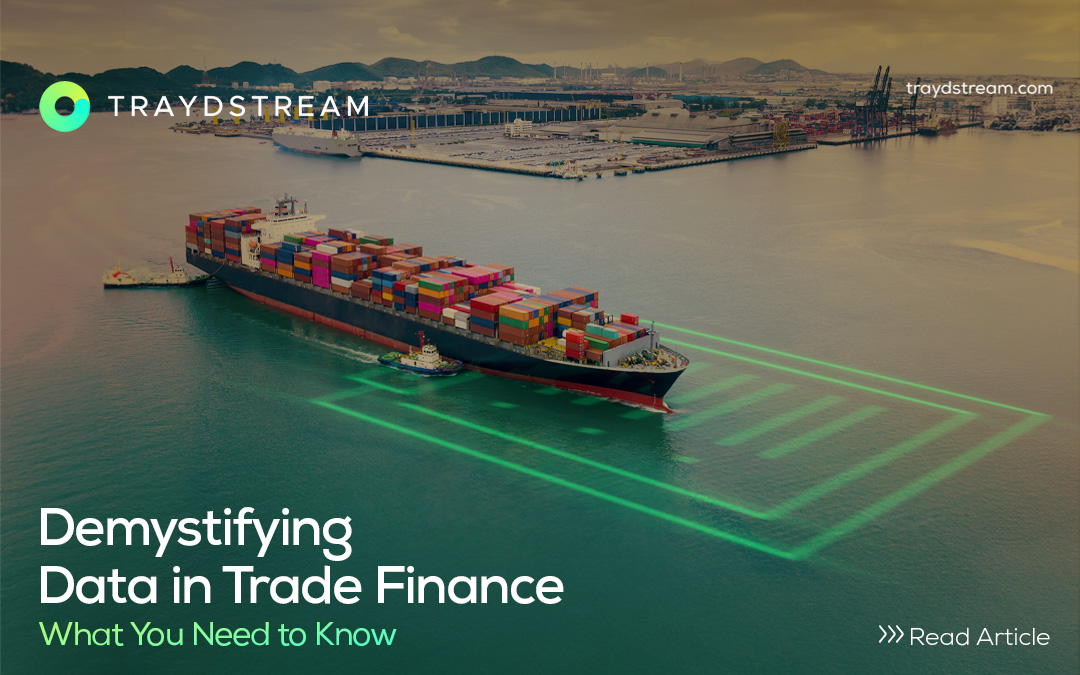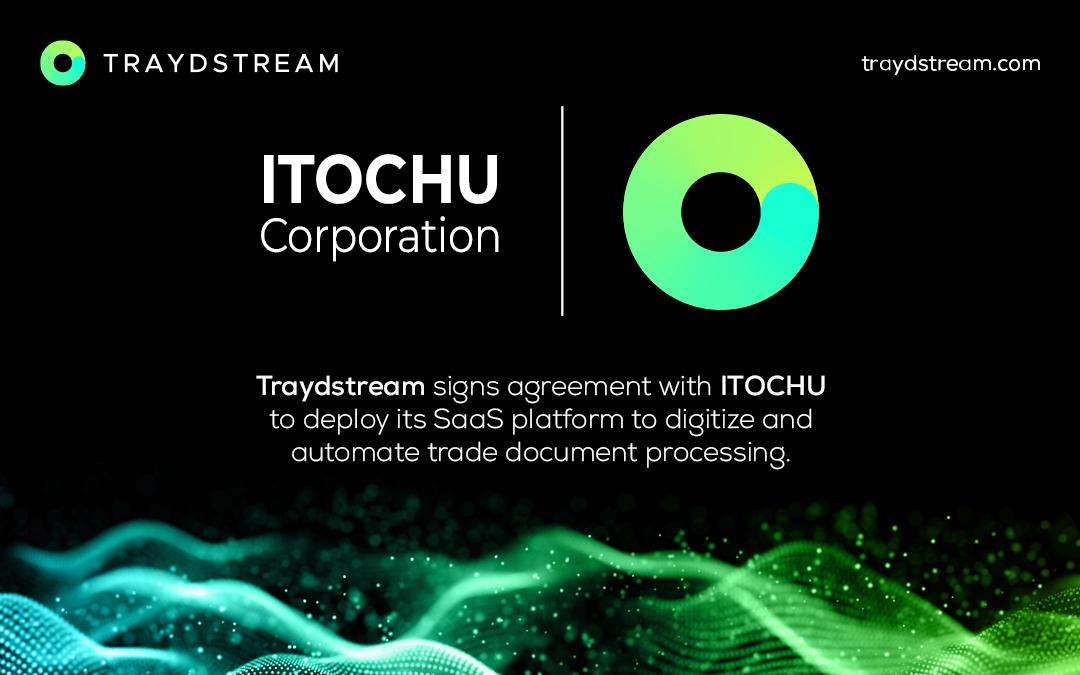
Traydstream’s Head of Technical Advisory, Dan Sithambaram, talks about Data Classification, the different types, and the impacts it can have on your business.
Data Classification in Trade Finance Industry
In the rapidly evolving landscape of global commerce, trade finance plays a pivotal role in facilitating transactions between parties across borders. With the digital transformation sweeping through industries, the trade finance sector is also witnessing a paradigm shift. One crucial aspect that demands meticulous attention in this transformation is data classification. Data classification in trade finance is not merely about organizing information; it serves as the cornerstone for security, compliance, and efficiency in a complex ecosystem. In this thought leadership article let’s explore the significance of data classification in the trade finance industry, highlighting its role in enhancing processes, mitigating risks, and fostering trust among stakeholders.
What is data classification?
Data classification is the process of categorizing data based on its content, sensitivity, importance, and usage. It involves organizing data into different categories or levels, typically for the purpose of managing and protecting it more effectively. In the context of trade finance, data encompasses a vast array of documents, including contracts, invoices, bills of lading, letters of credit, and financial statements. Proper classification of these documents and the information from these documents are crucial for efficient management, risk mitigation, and compliance adherence. The classification of data typically involves assigning labels, tags, or metadata to data sets to indicate their level of sensitivity, confidentiality, regulatory requirements, and its use.
Efficient data classification streamlines workflows by providing clarity on the type and importance of information. Moreover, automated classification systems leverage machine learning algorithms to identify patterns and anomalies, thereby optimizing resource allocation and decision-making processes.
Why data classification is important?
Trade finance documents often contain sensitive information. These documents are crucial in facilitating international trade transactions, and they typically include details about the parties involved, financial terms, shipping information, product descriptions.
Given the sensitive nature of this information, it is essential to handle trade finance documents with care and ensure proper security measures are in place to protect them from unauthorized access or disclosure. Unauthorized access to such information could potentially lead to fraud, financial losses, or other detrimental consequences for the parties involved in the transaction.
However, not all data needs to be treated the same way. There are certain data that are public and non-critical in nature with huge potential and when a bank applies one-size-fits-all approach it could lead to overprotection of non-sensitive data or worse, dilution of sensitivity towards the critical data. So proper classification makes it possible to afford the right level of protection for critical data resources and at the same time drive innovation by putting the data for the right use. After all data that’s inaccessible delivers no value for the bank.
Keep your eyes peeled for next week’s blog on the different types of Data Classification!






